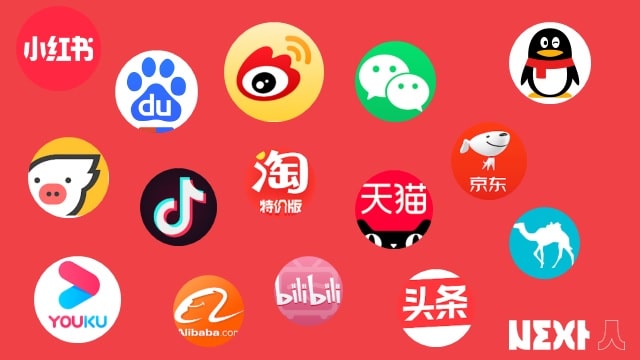Over the last weeks, WeChat has tightened its privacy policy to protect users data. What are the impact for digital marketing on WeChat ? This decision came after an increase of attempts to collect users data, especially during the Covid-19 crisis. Since the beginning of the year, WeChat has blocked over 3,252 unjustified attempts to collect users data; by more than 2,392 mini-programs.
Let’s review:
- What measures and policies WeChat implemented to protect users data ?
- Is it a defensive strategy against WeChat competitors during Covid-19 crisis in China ?
- How does it impact your digital marketing on WeChat as a brand ?
WeChat new measures and policies regarding privacy and users data
In March, WeChat has restricted access to its platform to third-party developers who were collecting sensitive data.
Even if the category of data was not clearly specified, WeChat reminded that only need-to-know data should be collected by mini-programs. Under the new policy, WeChat Mini-programs developers now have to precise to WeChat which type of data they are collecting and how they are collecting it.

This new measures and policies are not unique to WeChat and are consequential of China government directives and regulations for internet companies in 2019. The new Chinese regulations urged digital companies to meet new standards in terms of security and privacy.
However, these new WeChat policies can also be perceived as a lasting defensive strategy from WeChat against its competitors like Alibaba and ByteDance.
WeChat new data policies to fight competitors during the COVID-19 crisis
WeChat new policies havemainly impacted applications from their large competitors that are now blocked from WeChat.
For example, long lasting rival Alibaba and its workplace APP DingTalk; has seen the miniprogram “Health Code” blocked on the platform as it could access user contacts list. Health Code was used during the COVID-19 crisis to share users health status.
In the meantime, Feishu, an APP from ByteDance, a rising competitor of WeChat, was also blocked from the platform. Feishu was widely used in China as a work productivity tool; comparable to Lark outside of China, and a direct competitor of WeChat Work in China.
However, WeChat highlighted these new policies were a genuine decision to protect users privacy. They banned links from Tencent as well, including social media APP Friends or Tencent News.
Discover which Digital Marketing Platforms To Choose For Advertising In China ?
WeChat new user privacy: which impacts on your digital marketing in China ?
As a brand in China, you are probably using WeChat on a daily basis to connect with your consumers and mini-programs to better serve them. So, what are the impacts for your digital marketing on WeChat ?
The main impact is on the way you create, develop and update your WeChat mini-programs.
The first consequence is being extra cautious about the data you collect on your Mini-program and making sure you are not leveraging data beyond your business needs.
Second, when creating, launching or updating a mini-program you must rely on local chinese digital experts to make sure you apply the right processes and rules. This expertise will avoid your mini-program from being ban. Developing a mini-program without abiding by WeChat rules would be a waste of your time and money.
Last but not least, user data and privacy is a long lasting conversation in the digital marketing world. Since Facebook Cambridge Analytica scandal, platforms have become more and more defensive on the data access they provide to third parties.
Keep in mind that this social and legal trend is actually serving digital giants like Facebook. Now they can impose advertising spending on advertisers for whom direct access to user through data collection will become harder and harder.
Discover how to build a WeChat Mini Program for digital marketing
Next Ren Shanghai is a WeChat partner with a strong digital marketing expertise in China.
Follow us on LinkedIn and WeChat to stay updated on WeChat trends.






